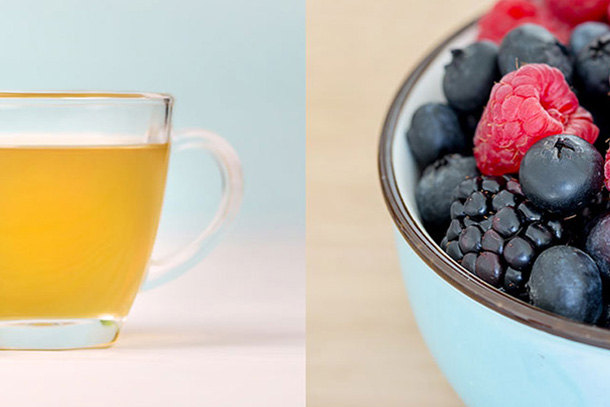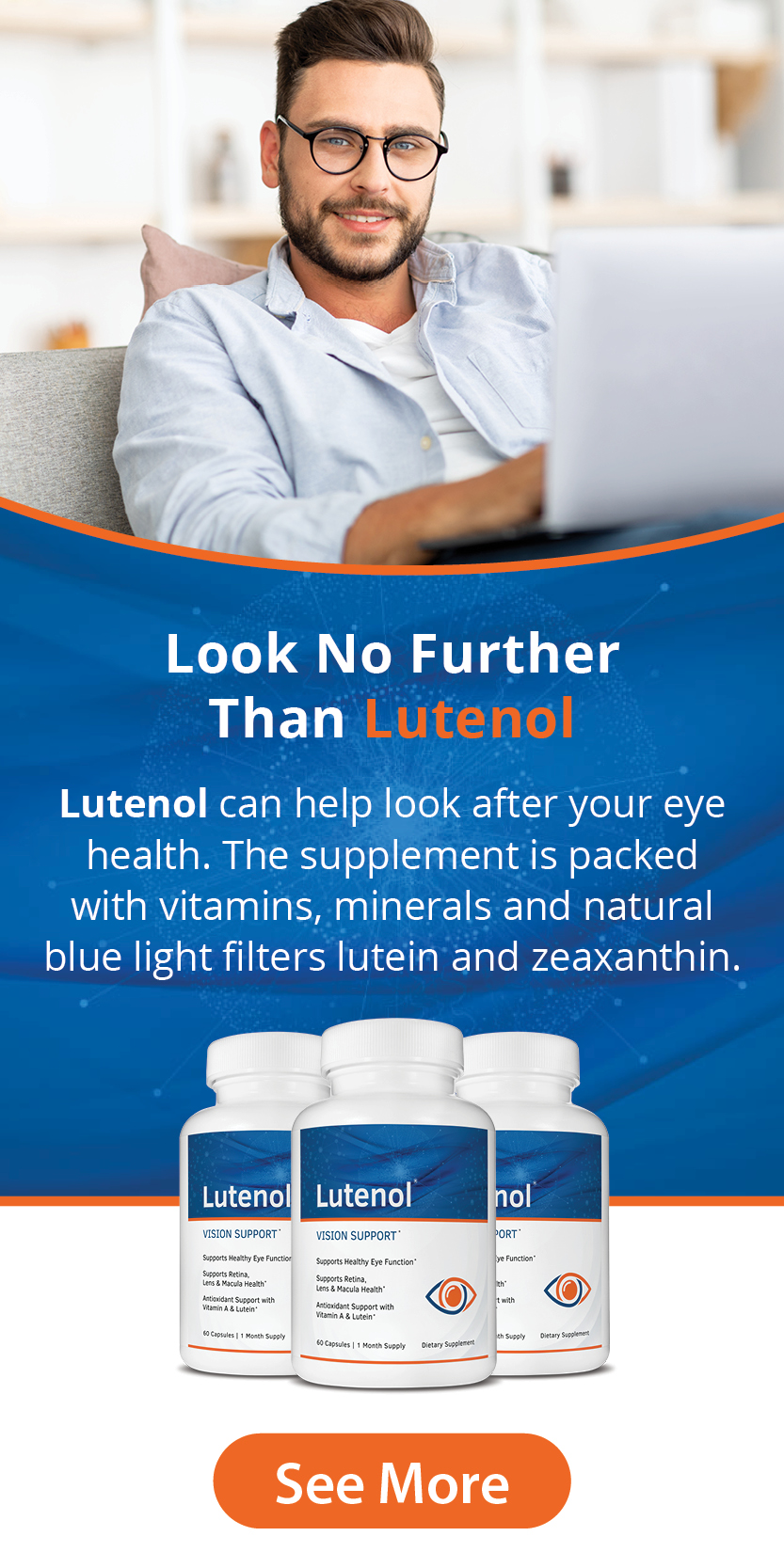
Five good habits for healthy vision
If you had to choose, which of your five senses would you give up?
Chances are you didn’t say your sight. Our eyes help us make sense of the world around us. They allow us to see the world in all its glory, from close-up to the horizon.
Decisions we make every day can affect our eyesight, and with aging comes an accumulation of vision changes over many years.
Sometimes we take our eyesight for granted, but some foresight can help protect this precious sense.
You probably support your muscle health by stretching before exercise, or your skin health by wearing gloves, or your whole body by drinking water.
Being so sensitive, your eyes need all the support they can get. Here are five top factors to focus on.
1. Eat a balanced diet
You’ve heard it before, but good nutrition is vital for good health. And that includes eye health.
To support these delicate sensory organs, there are some nutrients you shouldn’t overlook.
A good balance of foods containing vitamins A, C and E, zinc, lutein and zeaxanthin is recommended.
These nutrients are found in foods including carrots, oranges, avocadoes, green leafy vegetables, meat, legumes and dairy.
Getting the balance right will go a long way towards supporting your eye health.
If you think your diet is lacking in some areas, a specially-formulated vision support supplement can feed your body with essential nutrients.
Look to a supplement with scientific foundations that includes these vitamins and minerals, as well as ingredients such as bilberry and eyebright that are also known to support eye health.

2. Wear eye protection
Sunglasses are more than just a fashion accessory. They protect the eyes from the sun's harmful rays – even on cloudy days.
Ultraviolet radiation from the sun can damage the eyes, so it is recommended you wear sunglasses that block 99% or 100% of UVA and UVB rays.
“ When it comes to eye protection, a cautious approach is best.”
Shielding your eyes doesn’t stop at sunglasses. It is also important to wear safety glasses when your eyes are at risk of injury.
At work, home and play, your eyes can be vulnerable. Working around dust or flying debris, cleaning with chemicals, mowing the lawns or playing sports can leave your eyes open to harm.
When it comes to eye protection, a cautious approach is best.
Lutenol’s formula is closely aligned with scientific research by the National Eye Institute.
3. Make sure you move
While exercise may not directly affect your eyes, we know an active lifestyle is important to maintain overall health.
It is recommended you reach 150 minutes of moderate aerobic exercise per week, which includes walking, cycling, swimming and dancing. That’s 30 minutes a day, five days a week.
If you’re exercising outside, don’t forget tip number 2!

4. Limit screen time
Have you been staring at this screen for a while? It might nearly be time to take a break from scrolling.
Following the 20-20-20 rule can help to prevent eye strain. It is recommended you stop staring at that screen and look 20 feet away for 20 seconds, every 20 minutes.
Computer and phone screens emit blue light, which can cause digital eye strain and even disrupt your sleep cycle.
Blue light is all around us, emitted by the sun and artificial lights. But humans are being exposed to more blue light than ever with our widespread use of digital devices.
The jury is still out on whether artificial blue light is damaging to the eyes. But foresight is better than hindsight, so there are steps you can take to reduce blue light exposure.
“Humans are being exposed to more blue light than ever with our widespread use of digital devices.”
Following the 20-20-20 rule can help to prevent eye strain. It is recommended you stop staring at that screen and look 20 feet away for 20 seconds, every 20 minutes.
Blue light glasses can be used to filter high-energy blue light.
And for a natural defense, you can increase your intake of lutein and zeaxanthin, which accumulate in the retina. They are thought to shield the eyes from blue light.
Lutein and zeaxanthin are found in kale and spinach. They are also seen in the formulas of good eye support supplements.
5. Get regular eye health checks
It is recommended you have a regular eye exam to detect any problems as early as possible.
If you are healthy and have no symptoms of vision problems, the general advice is to have a complete eye exam when you reach 40. Your eye doctor can then recommend how often you return for check-ups.
If you wear glasses or contact lenses, are over 60 years old or are at greater risk of eye disease because of existing conditions, medication or family history, you should have your eyes checked more often.

Taking the long view
If you could take action to protect your visual sense, would you?
It is not too late to start supporting your eye health. Making healthy lifestyle choices today can make a difference tomorrow. If you look out for your eyes, they will look out for you.




